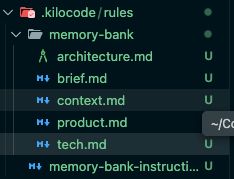Peter Schiff has found a new angle from which to dismiss Bitcoin and, true to form, it is not the sci-fi quantum computers or the bureaucratic arm of regulators that he points to — it is something far less exotic and far more brutal in its simplicity: people will just stop believing.
In Schiff’s opinion, Bitcoin will not be “killed” by some external shock; it will just fade into oblivion once the stream of fresh conviction dries up, like a party that ends not because the lights go out but because everyone simply stops showing up.
His latest post reduces the entire trillion-dollar cryptocurrency market to a psychological flywheel: more believers means more buyers, which means a higher BTC price, which makes more believers again.
This loop will break, according to Schiff, when the Bitcoin price no longer rises fast enough to recruit fresh adepts, and that is when cracks form, as early holders reconsider and late arrivals panic, until the entire structure caves in under its own lack of faith.
No “Q-Day” for Bitcoin
It is an unordinary counter to the fashionable “quantum threat” narrative that pops up every few months, the idea that advanced computing will one day rip through Bitcoin’s cryptography.
But Peter Schiff is not interested in waiting for that apocalypse. For him, the apocalypse is already built into Bitcoin’s DNA: a self-referential demand engine that collapses as soon as the audience gets bored.
And while crypto leaders like Cardano’s Charles Hoskinson rush to remind everyone that Schiff has been wrong since Bitcoin was $100, his argument lands with a strange resonance because, if Bitcoin really is belief stacked on belief, then the only hedge against Schiff’s prophecy is the stubborn fact that people, so far, keep choosing to believe.
Source: https://u.today/forget-quantum-threat-peter-schiff-explains-how-bitcoin-will-actually-die

